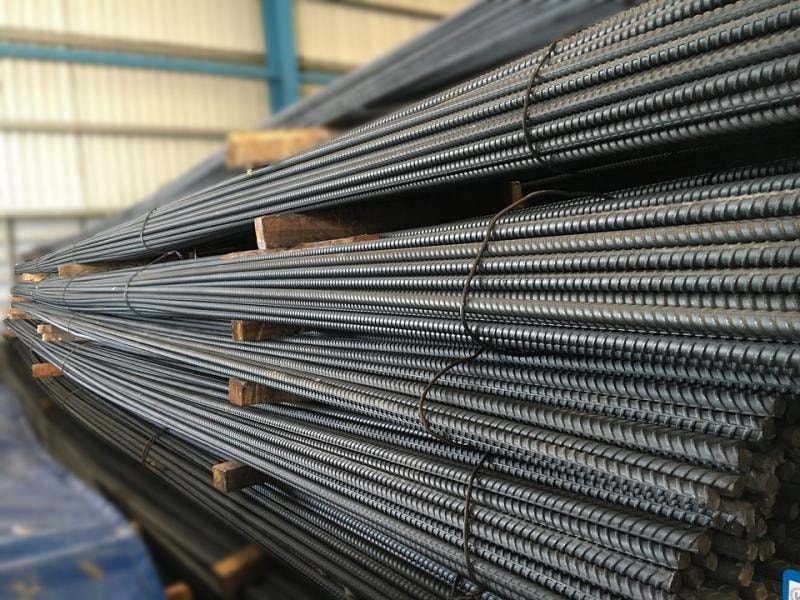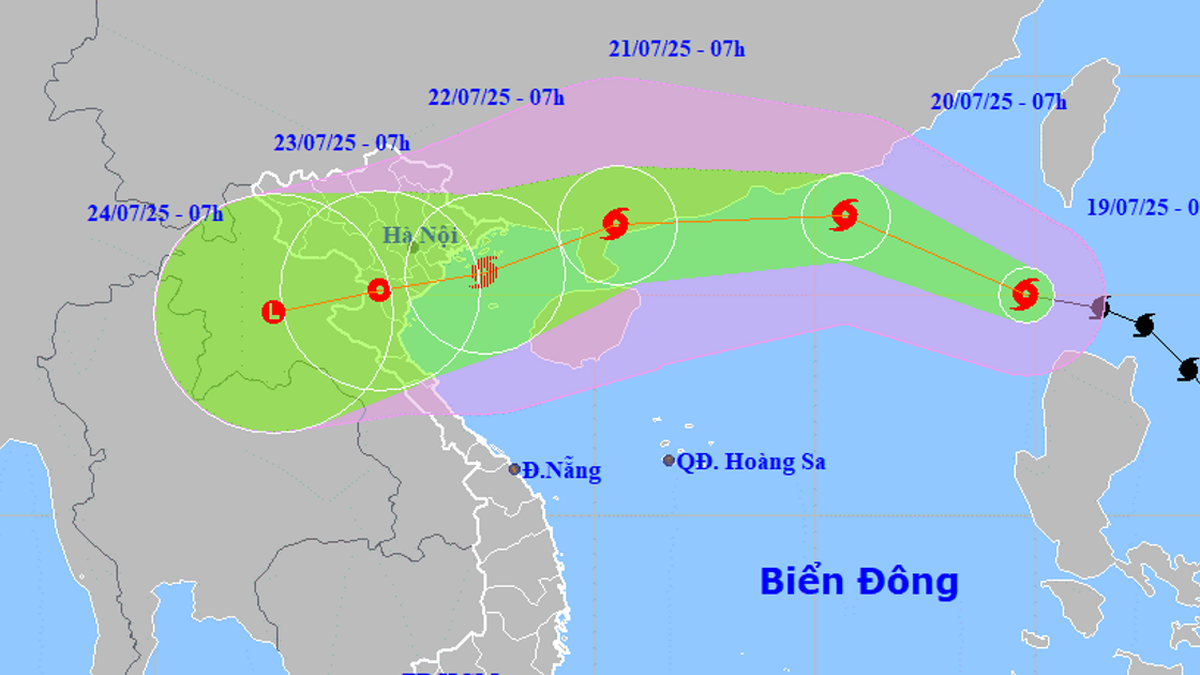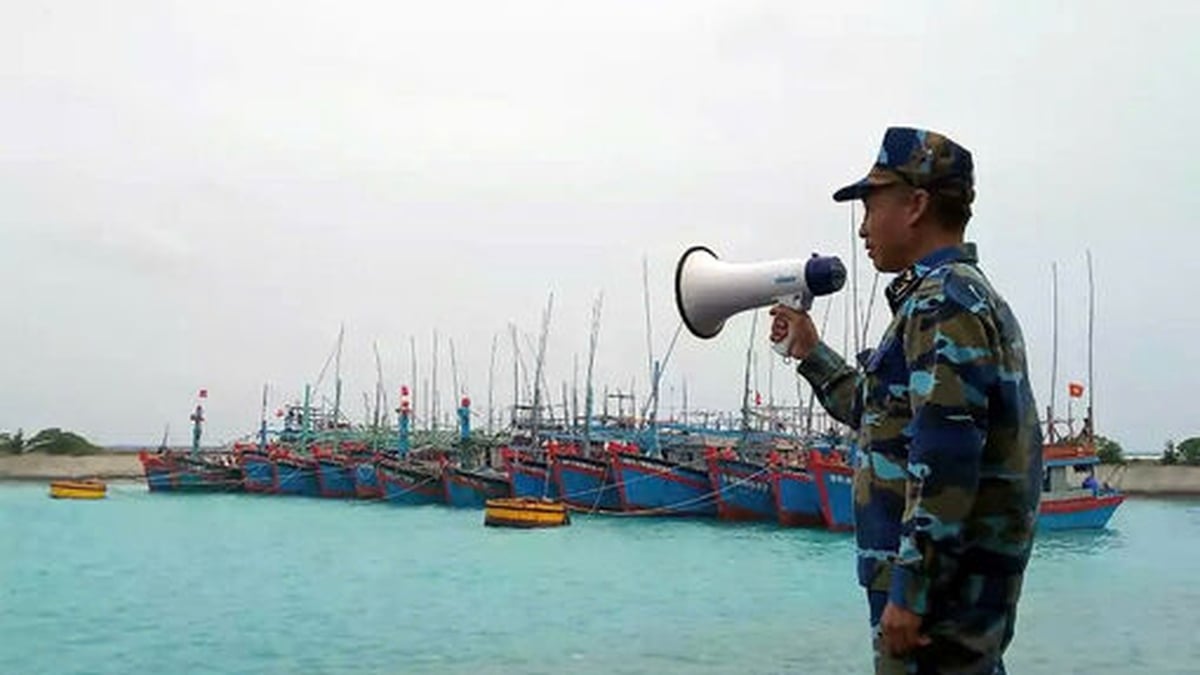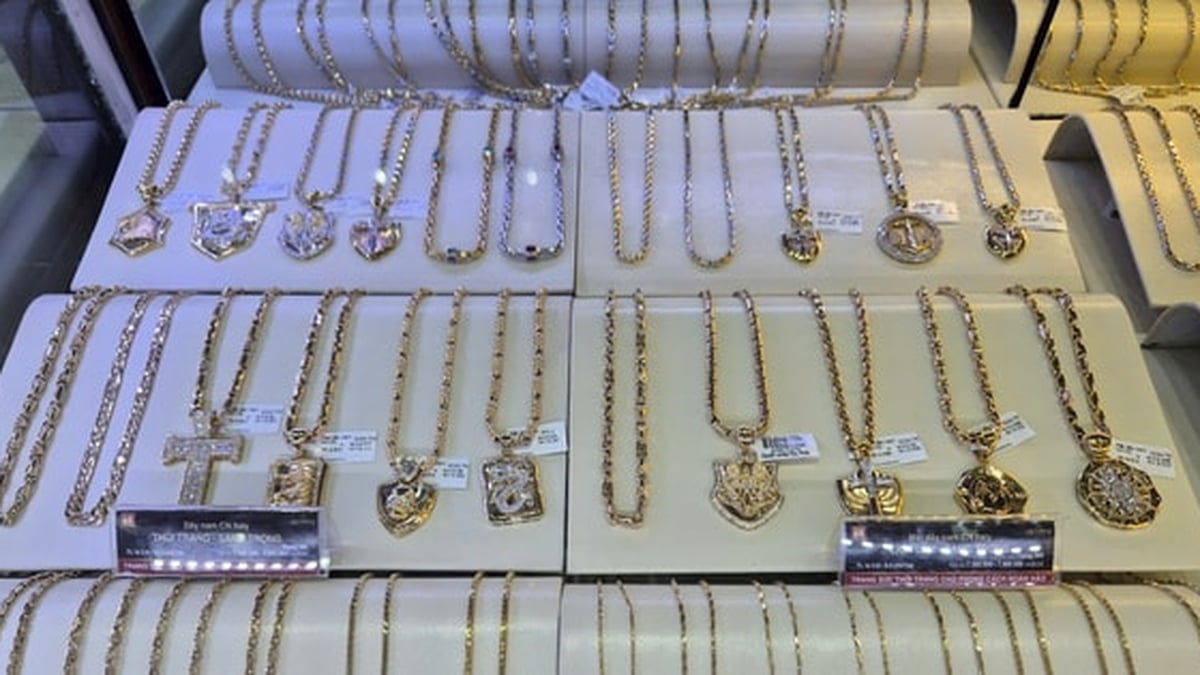Steel bar prices continued to fall. Meanwhile, iron ore prices maintained a slight increase due to reduced supply and expectations of economic stimulus from China.
World market
At the end of the trading session on July 9, the price of steel rebar for July delivery on the Shanghai Stock Exchange decreased by 0.49% (15 yuan) to 3,055 yuan/ton. On the Dalian Stock Exchange, the price of iron ore for July delivery was flat at 748 yuan/ton. Meanwhile, the price of iron ore for July delivery on the Singapore-SGX Exchange increased by 0.05 USD to 95.58 USD/ton.
Iron ore futures held on to gains on declining exports from major suppliers, while demand remained steady, despite mixed signals from Chinese economic data, Reuters reported.

Iron ore shipments from Australia and Brazil have declined after a sharp increase late last quarter, supporting prices, especially as pig iron output, a key indicator of iron ore demand, remains high, according to Everbright Futures. Steel consumption from the manufacturing sector remains strong, despite a slight adjustment in output, Galaxy Futures said.
However, iron ore’s gains were capped by mixed signals from China’s economy. Data showed China’s consumer price index (CPI) rose for the first time in five months in June, but producer price deflation (PPI) remained worrisome, hitting a near two-year low.
This reflects growing pressure on the world's second-largest economy amid sluggish global trade and weak domestic demand, forcing the government to consider additional stimulus measures.
According to GMK Center, in the week from June 30 to July 4, the price of September iron ore contract on the Dalian Commodity Exchange (DCE) increased by 2.3% to 102.2 USD/ton, while the August contract on the Singapore Exchange reached 96.15 USD/ton, up 1.6%.
The rally was driven by a combination of fundamentals (reduced seaborne supply, increased buying) and speculative sentiment as the market expects new stimulus policies from Beijing.
Notably, the results of the 6th meeting of the Central Financial and Economic Affairs Committee of China, with its commitment to address overcapacity and ineffective competition in the steel industry, contributed to creating positive sentiment for the market.
However, the market remains volatile. Prices were pressured lower in the first half of the week by news of steel production restrictions in key provinces such as Shanxi and Tangshan. Although there has been no official confirmation, these signals have made investors more cautious.
The spot market remained buoyant, despite slowing down over the weekend as policy expectations cooled and port inventories were expected to rise following the end of the quarter's delivery.
In the short term, 62% Fe iron ore prices could fluctuate in the range of $95–100/t if pig iron production in China remains high. However, the medium-term outlook remains under pressure due to seasonal factors in the construction industry and the uncertainty over whether economic support measures will be extended.
Moody's forecasts iron ore prices to hover around $80–$100 per tonne over the next 12–18 months, driven by weak demand from China and ample global supply. BMI Research also maintains its 2025 average forecast of $100 per tonne, although it acknowledges that downward pressure remains.
Domestic market
Domestically, businesses stabilize construction steel prices. Specifically, Hoa Phat's CB240 steel price is recorded at 13,230 VND/kg; CB300 steel is at 12,830 VND/kg.
At Viet Y Steel, the price of CB240 steel is at 13,130 VND/kg; D10 CB300 steel is at 12,520 VND/kg. Viet Sing Steel recorded 13,130 VND and 12,930 VND/kg respectively.
Source: https://baolamdong.vn/gia-thep-hom-nay-10-7-dien-bien-trai-chieu-381795.html




































































































Comment (0)